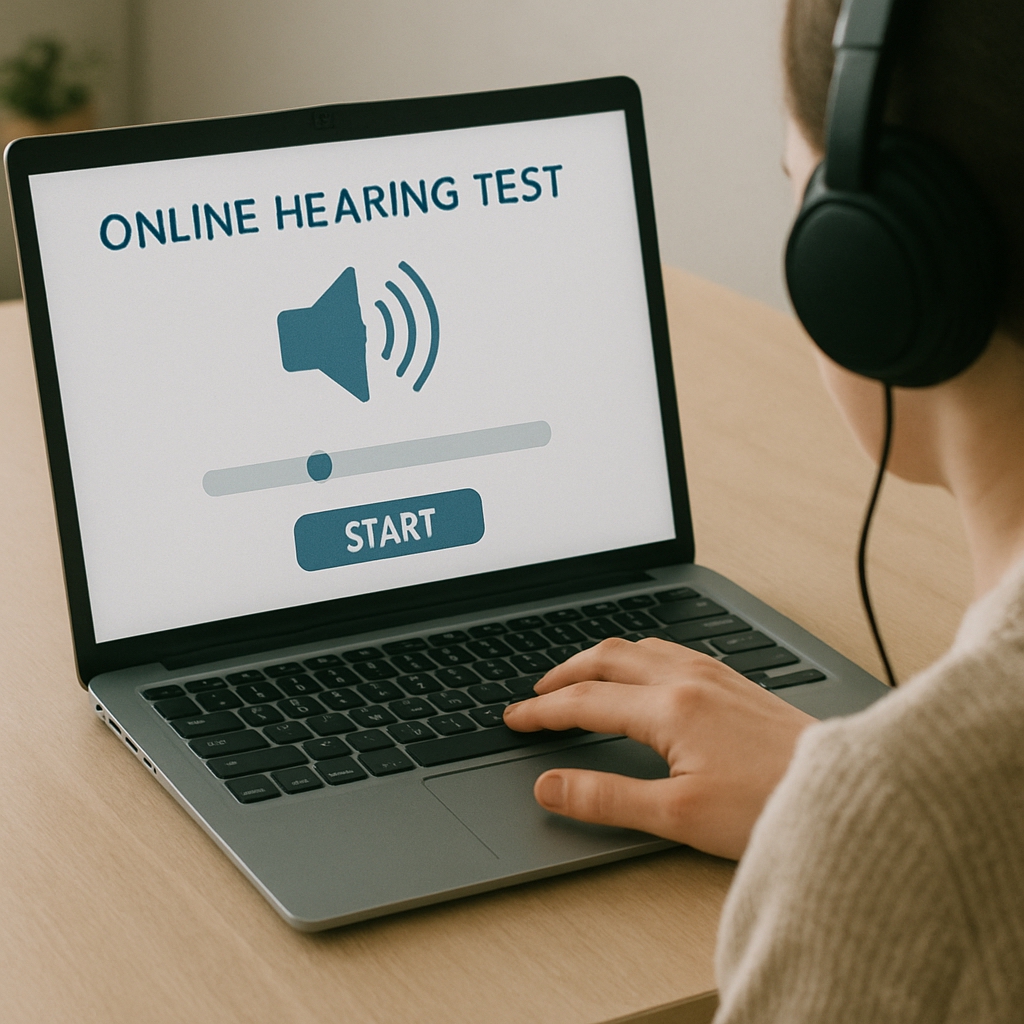Common Excuses for Not Buying Hearing Aids

We can talk ourselves into pretty much anything! The challenge is to use that ability to better ourselves and our health. Hearing aids used to carry a stigma, cumbersome in design and worn by only the elderly.Today, however, with a combination of technology, design, demand and hearing health becoming a national public health priority, things have changed substantially. Many past excuses no longer apply and better one is educated to the advancements of hearing aids and their increased user-friendly technology and applications the better armed we are to make decisions that enhance our hearing life and all the joys it brings us.There are many myths surrounding hearing aids and we are going to dispel some of the most popular ones one by one.
Age
The demographics for hearing loss have changed considerable in the past decade. With the advent of tablets and smart phones and the ease with which we can now be mobile and listen or watch our favorite shows and music and increased noise pollution the result is a negative impact on the health of our hearing. According to the World Health Organization (WHO): “1.1 billion young people (aged between 12–35 years) are at risk of hearing loss due to exposure to noise in recreational settings.”The upside to this problematic trend is that there is a burgeoning supply of hearing devices that can be worn and used daily without being glaringly obvious or for the more adventurous type, wearing designs that enhance their acceptance of wearing hearing aids. Acceptance and education about hearing loss has also changed the younger generations outlook on wearing hearing aids and the negative stereo types of the past no longer apply.On the other end of the spectrum are those that view themselves as too far past their prime to care about their hearing loss and accept it as a normal part of the aging process. This myth too no longer applies. Because many types of hearing loss can now be ameliorated with use of hearing aids, the elderly have many more options across the board to stay empowered and engaged in a fuller hearing experience.https://www.who.int/news-room/fact-sheets/detail/deafness-and-hearing-loss
Denial
The loss of hearing can be gradual and degenerative. The person experiencing symptoms might at first be unaware that they are compensating by turning up the volume on their listening devices, TV’s or drifting away from their usual group activities. The danger lies in the lack of action or acknowledgement of their condition. When our hearing is affected the most important thing to do is to have our hearing tested by a hearing health professional and have a plan of action.Common excuses for not attending to our hearing health needs actually impairs our ability to regain and keep our natural hearing process sometimes to the point of no return.Often the people closest to us will recognize the effects of hearing loss before we do, so it only will be a benefit to pay attention, be proactive and maintain independence.Whether one can hear “well enough” or not, getting to the audiologist, having regular checkups, and getting an objective well-informed diagnosis will serve one the ability to maintain or enhance our hearing health.
Inconvenience
Once again, the reputation of hearing aids needs to be updated. The latest technology allows us superior control and many user-friendly applications that allows us to incorporate the use of hearing aids with much less hassle than ever before. From controls that adapt to changing environments programmed to our specific hearing needs to designs that are barely noticeable to the lay person.In the past users of hearing aids had to battle little knobs and manually set controls for different hearing situations. Nowadays, comfort and control, ergonomic design, minimization or elimination of feedback are all common features of the modern hearing aid.
Cost
Along with the myriad options in the market we are also lucky to have more choices. Cost is without a doubt one of the most prohibitive factors but there are viable options which can be explored and discussed with your audiologist. Private insurance plans and supplemental ones for Medicare are available to offset the cost of hearing aids.The most cost-effective way to deal with hearing loss or the possibility of it occurring is to get regular checkups, once every five years for those under 50 and every 3 years for those above.
Atlanta Hearing Doctor
Your hearing health is important to us at Atlanta Hearing Doctor, and we welcome any questions you or a loved one might have. We look forward to hearing from you and being a part of your hearing wellness program!
Send us a message
Feel free to reach out to us for any questions you may have or to schedule an appointment. Our team is here to provide you with the support and information you need. We look forward to assisting you!
Email us
Give us a call





